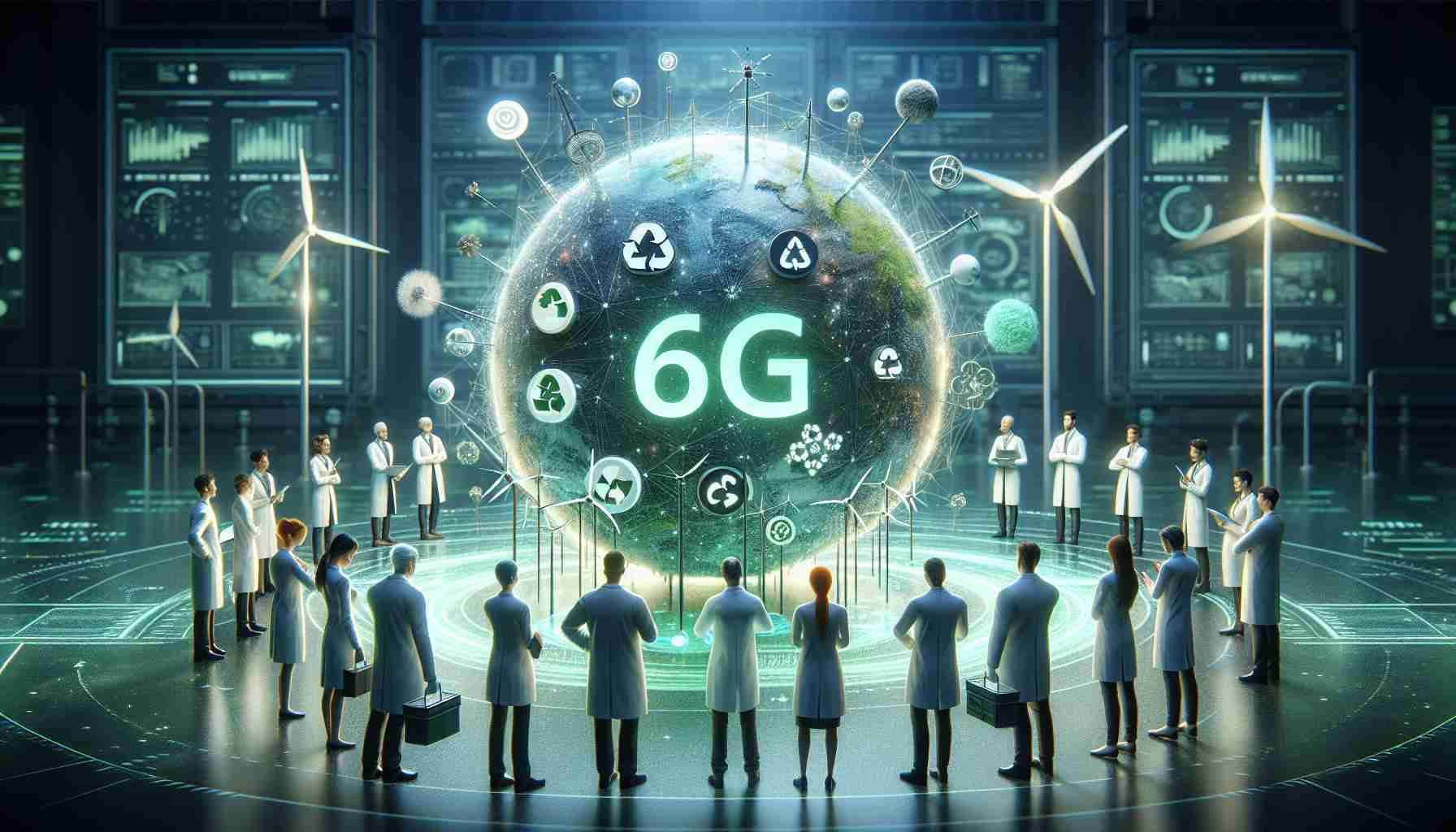
Nokia is set to spearhead a groundbreaking initiative in the realm of sustainable technology as it has been appointed coordinator of the SUSTAIN-6G lighthouse project under the Smart Networks and Services Joint Undertaking (SNS JU), a major public-private collaboration funded by the European Commission. This ambitious project aims to harness the potential of 6G technology to address critical sustainability challenges across various sectors.
The primary objective of SUSTAIN-6G is to develop innovative solutions that promote environmental, economic, and societal sustainability. The consortium, comprising industry leaders and academic experts, will focus on three key areas identified from the United Nations’ Sustainable Development Goals.
In the energy sector, the team will explore the creation of smart microgrids that utilize 6G technology and artificial intelligence to optimize electricity distribution and enhance renewable energy integration.
In healthcare, the project aims to leverage 6G infrastructure to enhance accessibility to telemedicine, allowing for better health outcomes in underserved regions while utilizing AI tools for advanced epidemic monitoring.
Agriculture will also benefit significantly as the consortium looks to implement high-bandwidth 6G solutions to facilitate smart farming techniques that improve productivity and sustainability.
Kicking off in January 2025, SUSTAIN-6G is positioned to lead the charge in using advanced communication networks to drive a sustainable future, addressing not just environmental but also societal issues, setting an extraordinary precedent for the role of technology in tackling global challenges.
Unlocking Sustainable Living: Tips, Life Hacks, and Facts Inspired by SUSTAIN-6G
As we step towards a future where technology plays a pivotal role in sustainability, we can all contribute to a more sustainable lifestyle. Here are some practical tips, life hacks, and interesting facts that resonate with the themes emerging from Nokia’s SUSTAIN-6G initiative.
1. Embrace Smart Technology in Your Home
With the advent of 6G technology and smart microgrids, you can adopt smart home devices that optimize energy use. Consider smart thermostats and LED lighting that adjust based on your lifestyle, helping reduce electricity consumption.
2. Utilize Telemedicine
Telemedicine, enhanced by broadband access, improves healthcare efficiency. Schedule virtual appointments with healthcare professionals to save time and reduce your carbon footprint associated with travel.
3. Implement an Indoor Garden
In line with the agricultural innovations mentioned in the SUSTAIN-6G project, growing your own herbs and vegetables can significantly cut down on food transportation emissions. Use hydroponics or vertical gardening methods to maximize space and resources.
4. Contribute to Renewable Energy
If possible, consider switching to a green energy provider. Renewable energy sources like wind and solar are crucial for reducing carbon emissions. You could also invest in solar panels if your home allows it.
5. Stay Updated on Sustainable Practices
Following developments in sustainable technology, such as those from Nokia’s SUSTAIN-6G, can help you stay informed and engaged. Subscribe to sustainable technology newsletters or journals to learn how advancements impact your community.
6. Use Artificial Intelligence for Planning
Leverage AI-driven applications to improve resource management in your everyday tasks. Whether it’s managing your diet, water usage, or even your gardening schedule, smart apps can help reduce waste and enhance efficiency.
Interesting Facts:
– The concept of smart microgrids isn’t new, but it is becoming more feasible with advancements in communication technology. The integration of 6G might be what the future needs to revolutionize energy consumption.
– According to studies, telehealth can reduce healthcare costs by up to 50%, making it not only a sustainable option but also an economically viable one.
– Urban farming is steadily gaining popularity, and cities worldwide are adopting policies to support local food production, significantly reducing food miles.
By adopting these simple yet effective strategies, you can play a role in a sustainable future, contributing to the collective effort aimed at achieving environmental, economic, and societal sustainability.
For more information on sustainable technology and initiatives, visit Nokia’s website.
